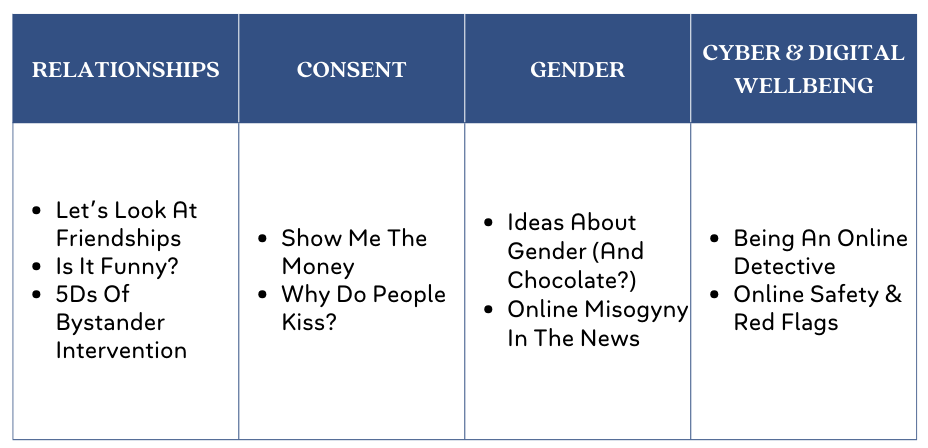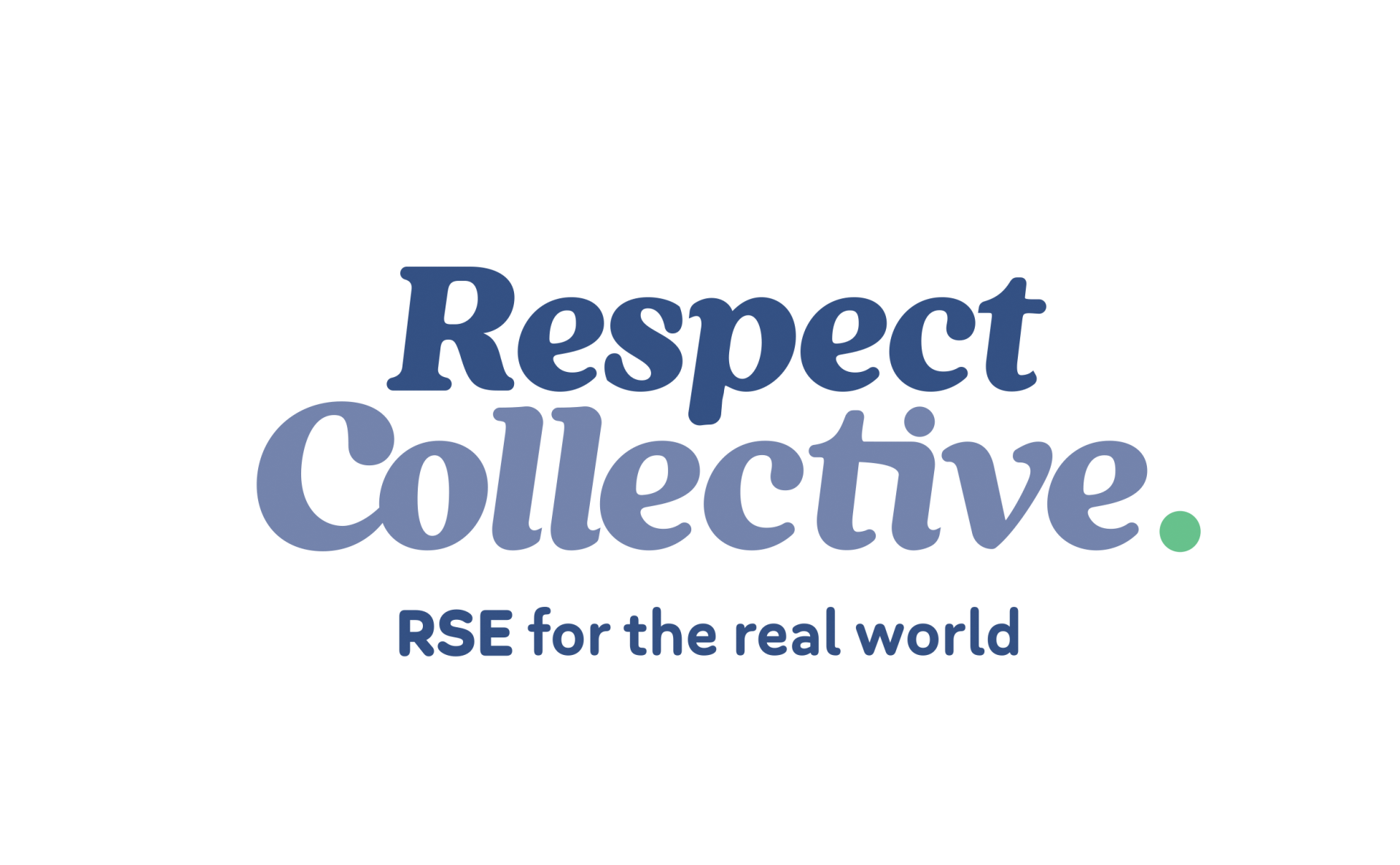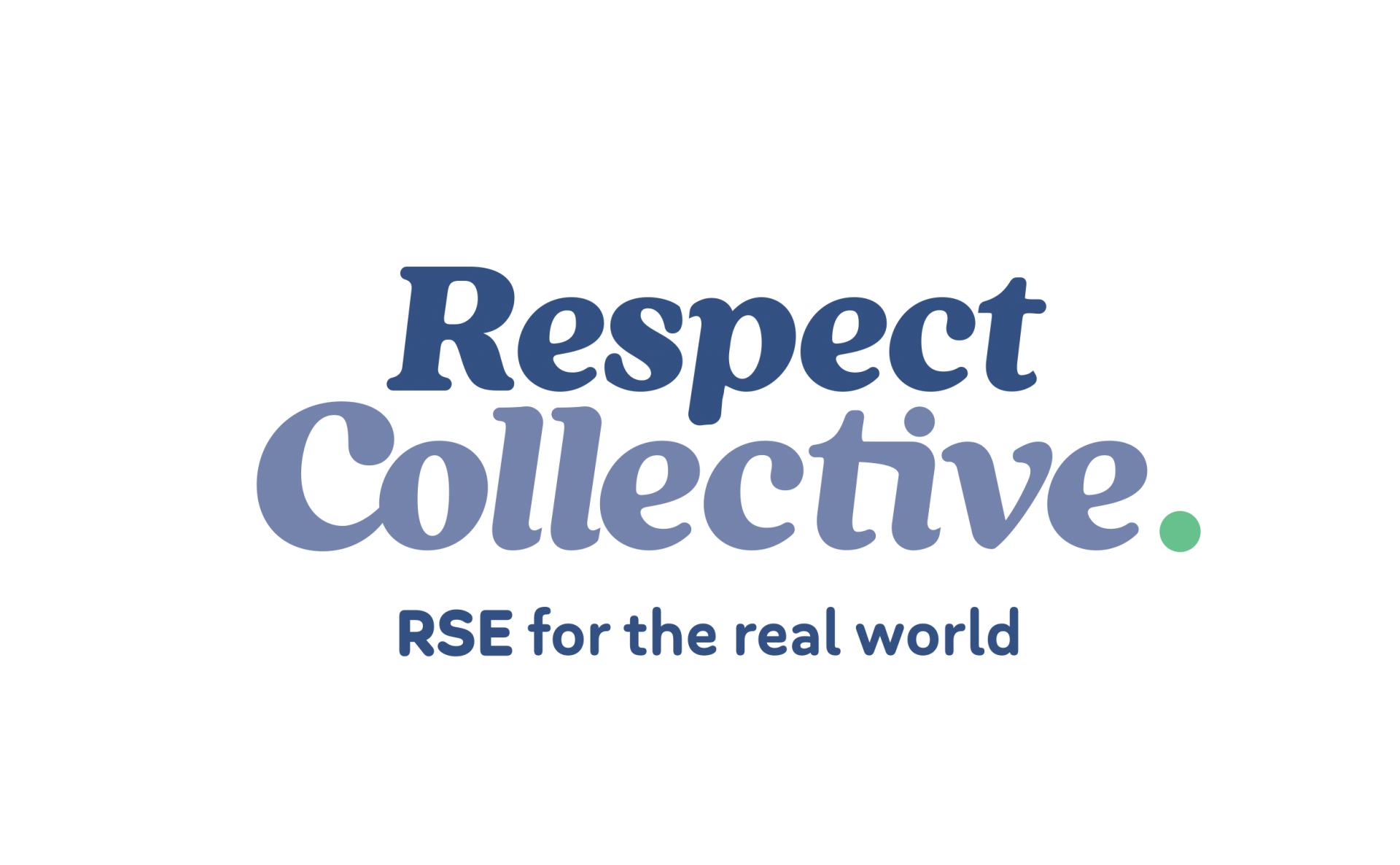In this Show Me The Money lesson, students will be introduced
to the concepts of coercion and consent.
Students will work in pairs through
various stages of an activity that encourages experimentation with the concepts
in a safe and controlled way. The will begin with attempts to convince their
partner to hand over a $5 note and progress to practicing respectful responses
to a 'no' decision. After each stage of paired work, students will engage in a
large group discussion with guiding questions.
To conclude the lesson they will
consider their own views on a set of statements about negotiation and
persuasion, then demonstrate and share their ideas in a class opinion continuum.
Each lesson ends with a consolidation activity, inviting
students to list 1 thing they have learnt from the lesson, 1 thing they already
knew, 1 piece of advice they would share with a friend, and 1 adult or
organisation that would be helpful in relation to the lesson topic.


